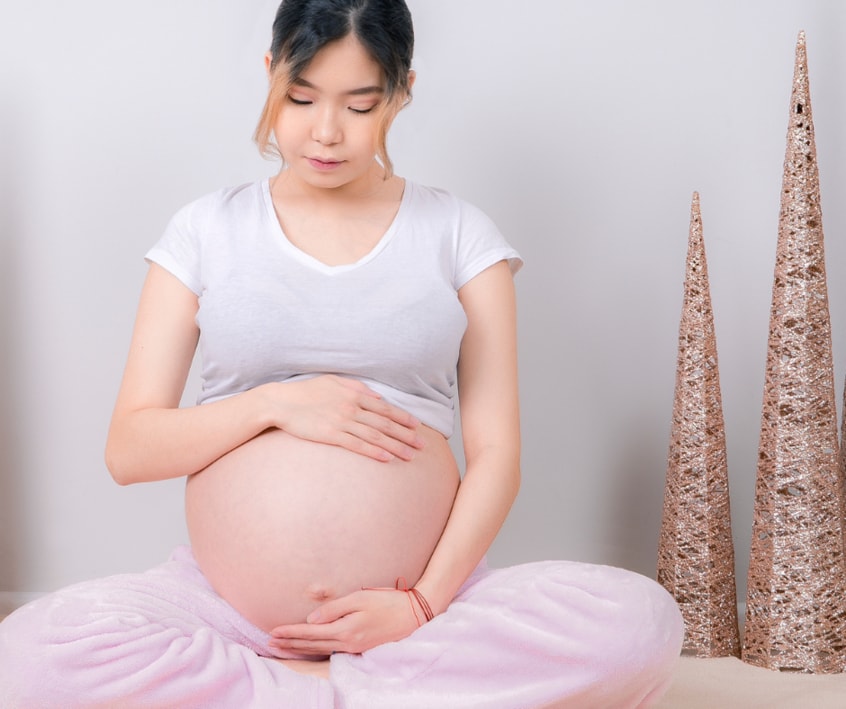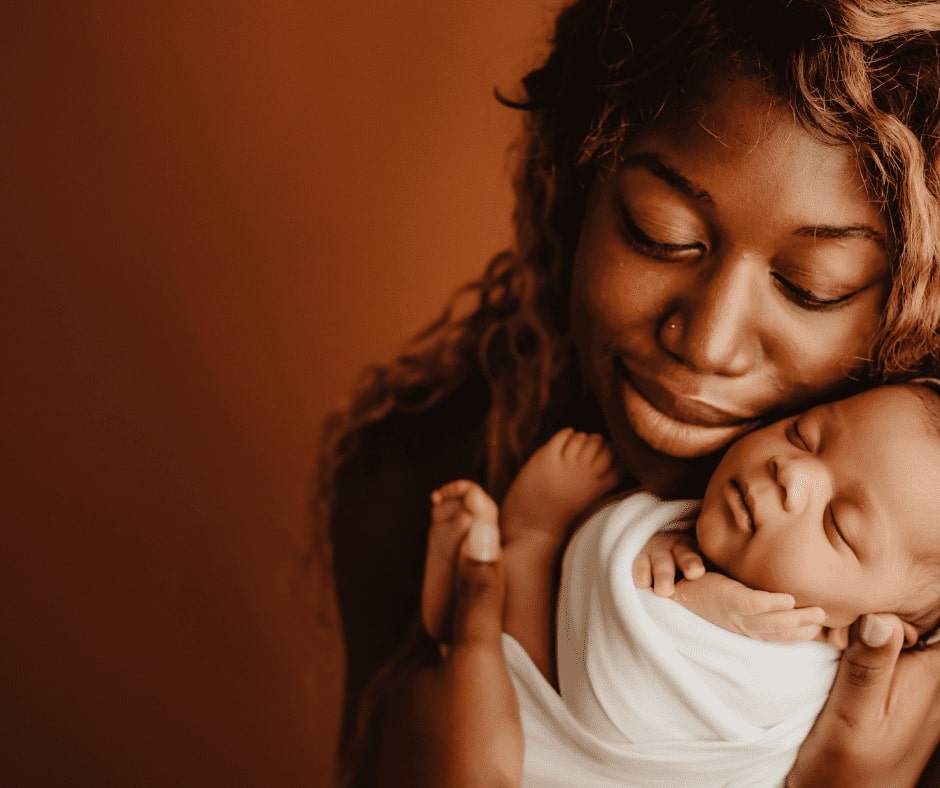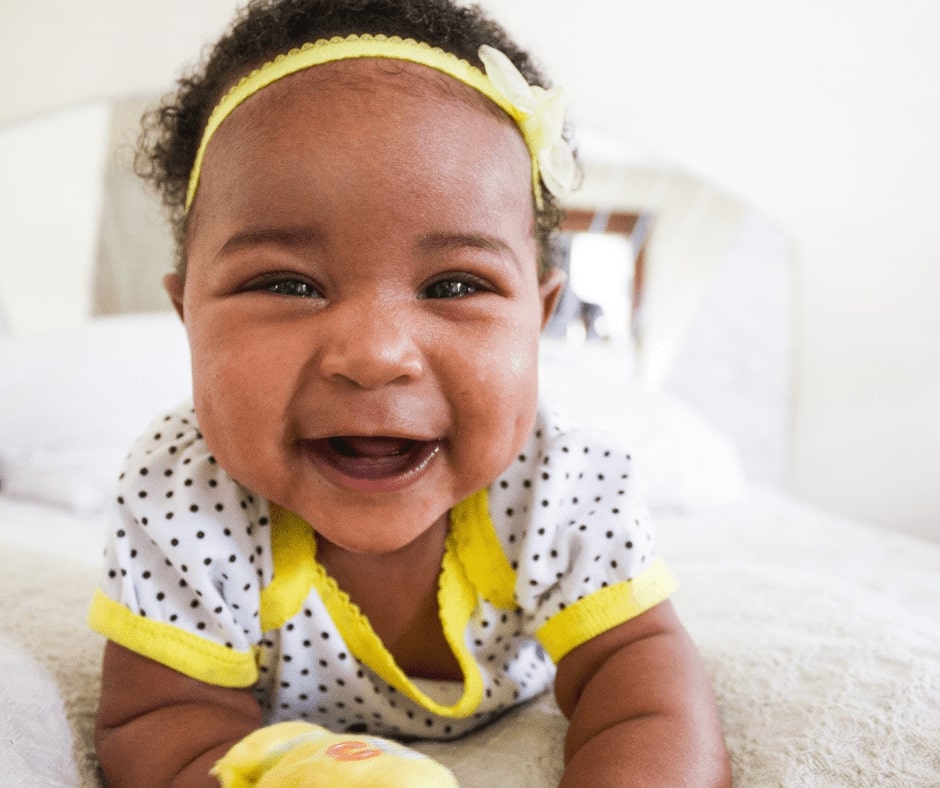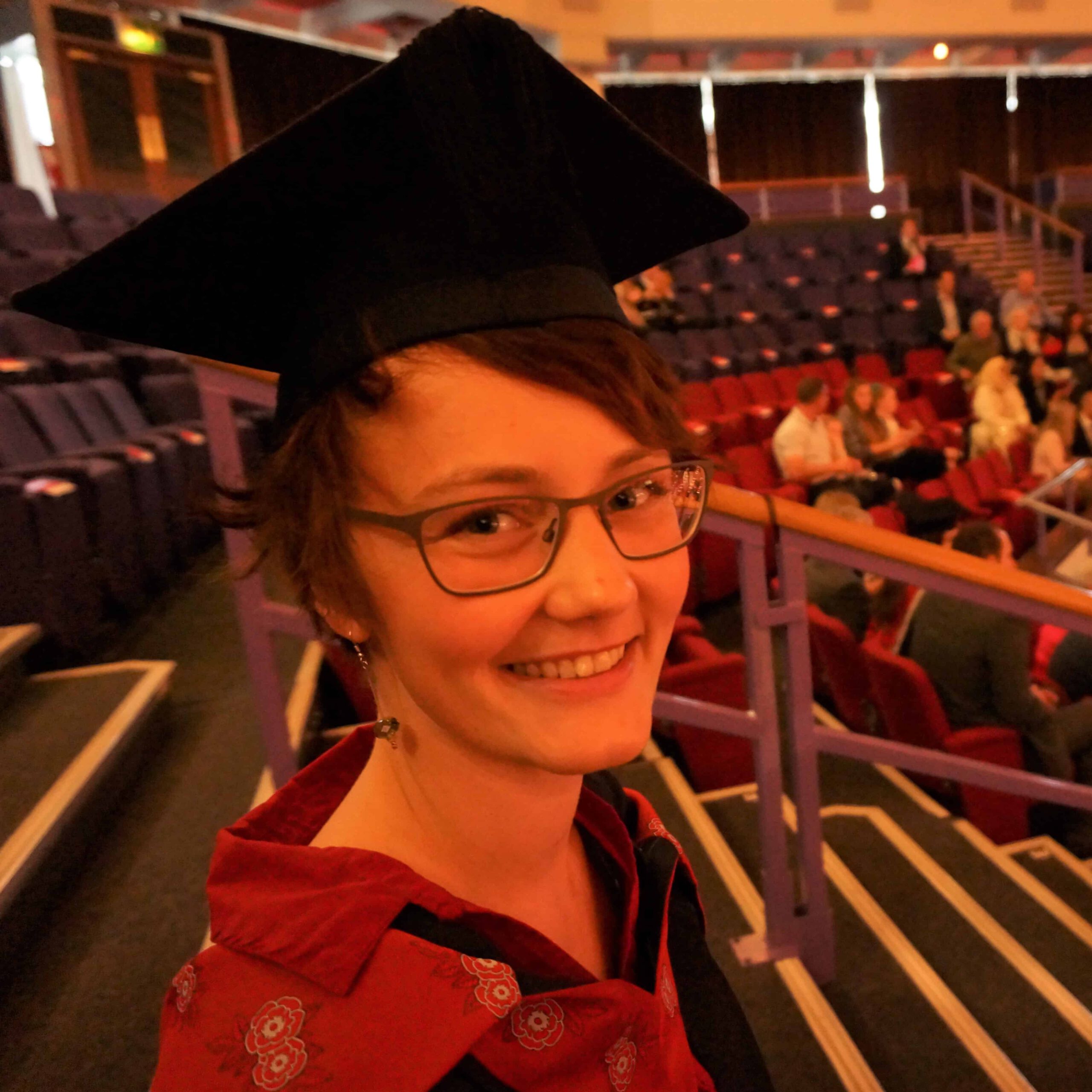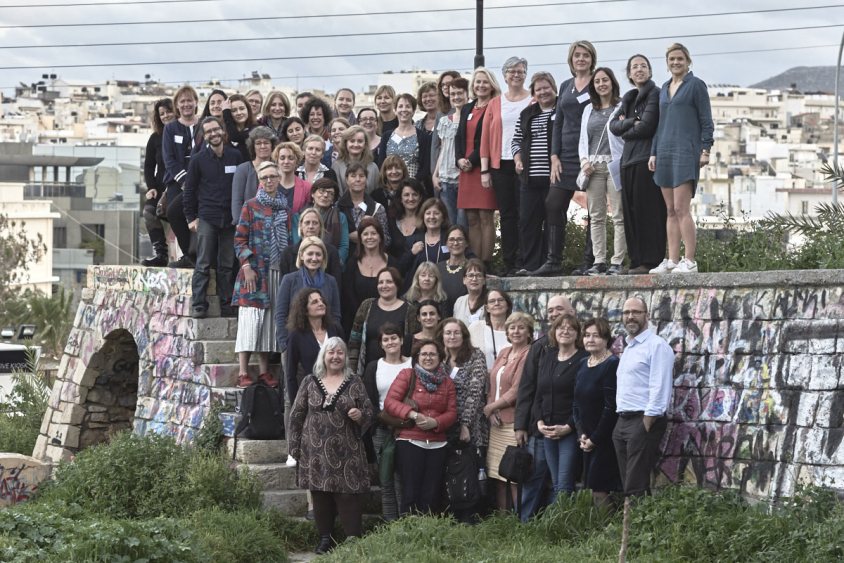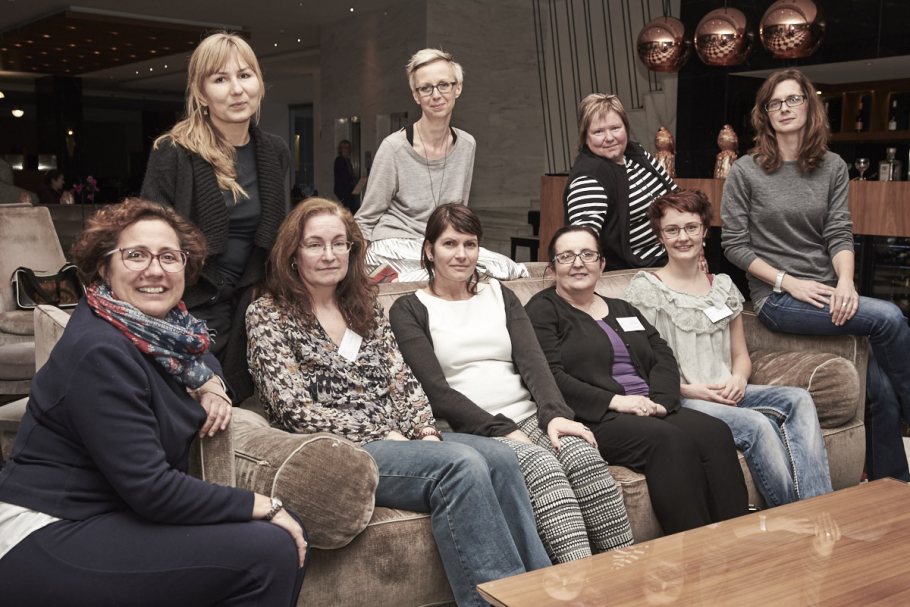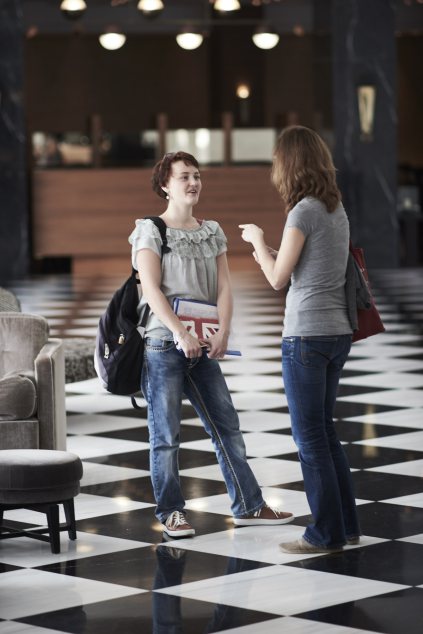PHYSIOLOGICAL PLATEAUS IN CHILDBIRTH RESEARCH
About
Sometimes during labour and birth, things seem to slow down, or plateau for a while (for example, intense and regular labour surges might space out and get weaker or even disappear alltogheter). In contemporary maternity care, such plateaus are usually interpreted as unhealthy (pathological), and women who experience plateaus commonly receive a medical treatment called ‘augmentation’ to speed things up again. Despite being associated with a range of unwanted side-effects, labour augmentation is very common in clinical birth settings. However, new evidence shows that plateaus can occur naturally during labour and help keeping mum and baby strong and healthy during childbirth.
This is why I am researching physiological plateaus, througout my doctoral studies, and beyond. This reseach helps to clarify the difference between pathologically slow labour and physiological plateaus, which can help to prevent unnecessary and harmful interventions and contribute to improve the health and wellbeing of mothers, infants, and families.
NEW WEBSITE LAUNCHED!
I am thrilled to announce the launch of the Physiological Plateaus and Healthy Birth Rhythms Knowledge Hub – your central space for information, research, and educational resources on this fascinating topic!
Bringing together in-depth information, free educational resources, and a collaborative space for researchers and activists, this website is packed with information on physiological plateaus from a variety of sources. My current research in this field is also featured on this website.
You are warmly invited to join our growing community of researchers, practitioners and birth activists, committed to bringing improvements to maternity care for all women, children and families. Have a look and join in!
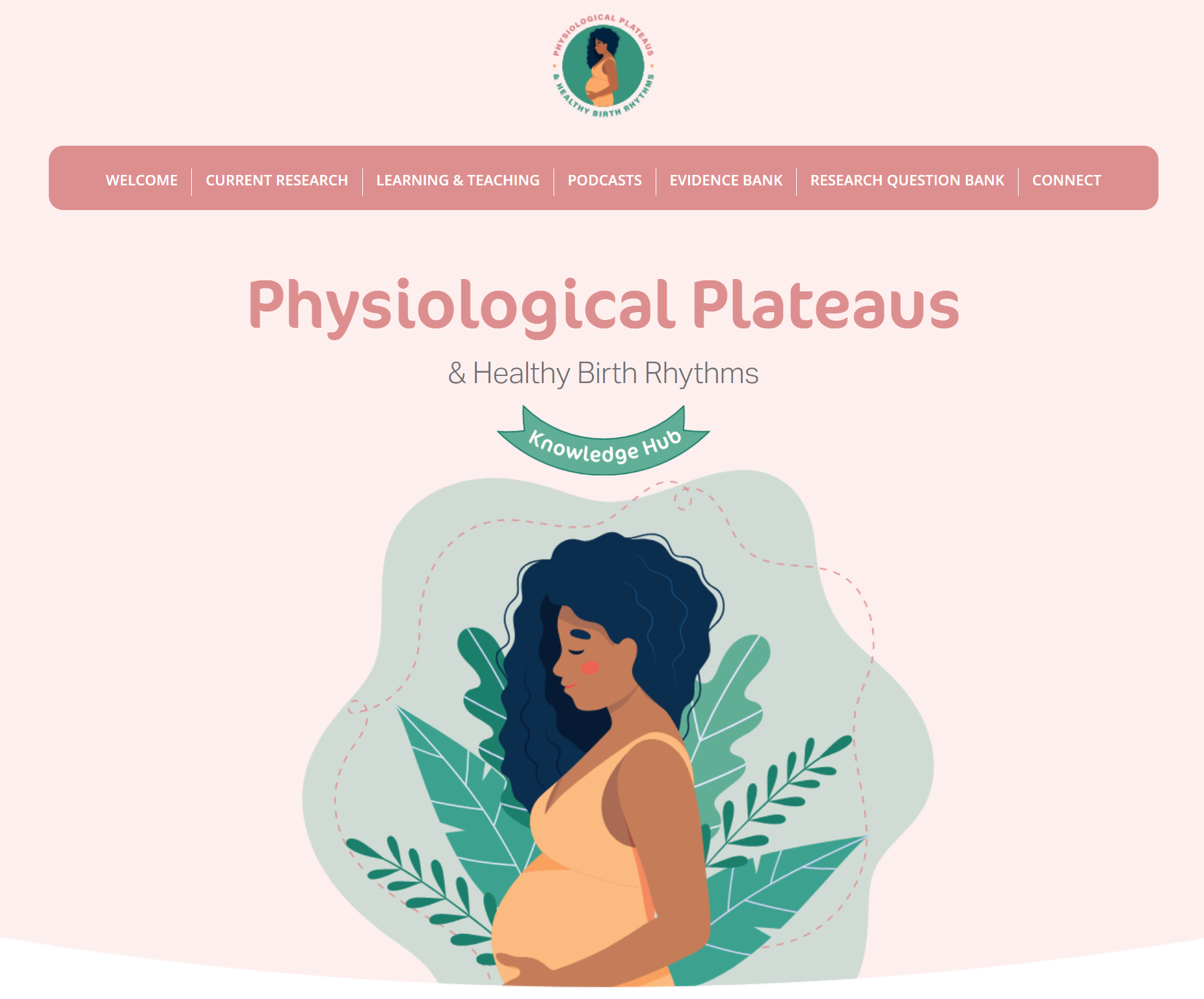
Recent Publications on physiological plateaus
Weckend M, Davison C, Bayes S. Physiological plateaus during normal labor and birth: A scoping review of contemporary concepts and definitions. Birth. 2022; 49: 310-328. doi:10.1111/birt.12607
Weckend M. Challenging the norm: Exploring the evidence for physiological plateaus during birth. Australian Midwifery News. Summer Issue 2021; 30-31.
Weckend MJ, Bayes S, Davison C. Exploring concepts and definitions of plateaus during normal labor and birth: A scoping review protocol. JBI Evidence Synthesis. 2021; 19(3): 644-651. doi:10.11124/JBIES-20-00105
Weckend M. (2021, November 27). Physiological plateaus during normal labour and birth: Exploring the evidence [Paper presentation]. Promoting Normal Birth Conference, Melbourne, Australia
Weckend, M. (2021, October 13-14). Physiological plateaus during normal labour and birth: Mapping the evidence [Pecha Kucha presentation]. Australian College of Midwives National Virtual Conference, Sydney, Australia
Weckend, M., Davison, C., & Bayes, S. (2020, December 2-4). Physiological plateaus during normal labour and birth: A concept overview [Paper presentation]. 15th International Normal Labour and Birth Research Conference, Hyderabad, India. doi: 10.6084/m9.figshare.1328083
previous research projects
Babies born better project
WHAT MAKES CHILDBIRTH CARE GOOD?
Babies Born Better is a large-scale multinational research project examining how women experience maternity care during childbirth. By finding out what works well, for whom, and in which circumstances, this research provides insight into best practice during childbirth.
Visit Babiesbornbetter.org to learn more about this project, to participate in the survey, to collaborate with researchers, or to explore your options for accessing data.
My involvement with the Babies Born Better Project was between 2014 to 2019. From 2014 to 2019 I was a member of the Steering Group, collaborating on strategic decisions for the whole project. From 2015 to 2018 I acted as Country Coordinator for the Babies Born Better project arm in Germany, collaborating on strategic decisions, survey translation, and data analysis. In 2015 I had the privilege to complete my Masters Thesis as part of the Babies Born Better Project team, running the first large-scale analysis of our German language survey data. The Babies Born Better Project continues to be a major multi-national collaboration.
Visit Babiesbornbetter.org for latest news, and information about active project members.
European COOPERATION PROJECT
Maternity care designs across europe
The European Cooperation in Science and Technology (COST) facilitates COST Actions, which are four-year projects aimed at connecting researchers and initiatives across Europe, and beyond, to boost collaboration and innovation in specific research areas. The COST Action IS1405 (BIRTH) ran from 2014 to 2018 in direct succession to the related COST Action IS0907 and facilitated research into normal healthy childbirth. A driving concern for participants in this research collaboration was that the rate of normal childbirth is on the decline globally, where women increasingly experience highly interventional maternity care, and health inequity. The COST Action IS1405 comprised five working groups:
Visit EUBirthresearch.wordpress.com for more information.
My involvement with the COST Action IS1405 was between 2015 to 2019. I was a member of the Research Group 3 “Socio-Cultural Perspectives”, where we collaborated in a subgroup exploring health and equity in maternity care for refugee and migrant women and families. Between 2015 and 2017 I also established an independent midwifery service at refugee camps and emergency accommodations in Germany and while this was not directly related to this research project, this practical midwifery work gave me insights into health facilitators and barriers for women and families who had been forced to leave their home. Subsequently, this led to a series of invited presentations across Germany, where I had the opportunity to share best practice advice in an effort to improve health care access and equity for women and families with a recent background of migration.
Visit EUBirthresearch.wordpress.com for detailed information about all working groups and project members across the globe, and for research project publications.
